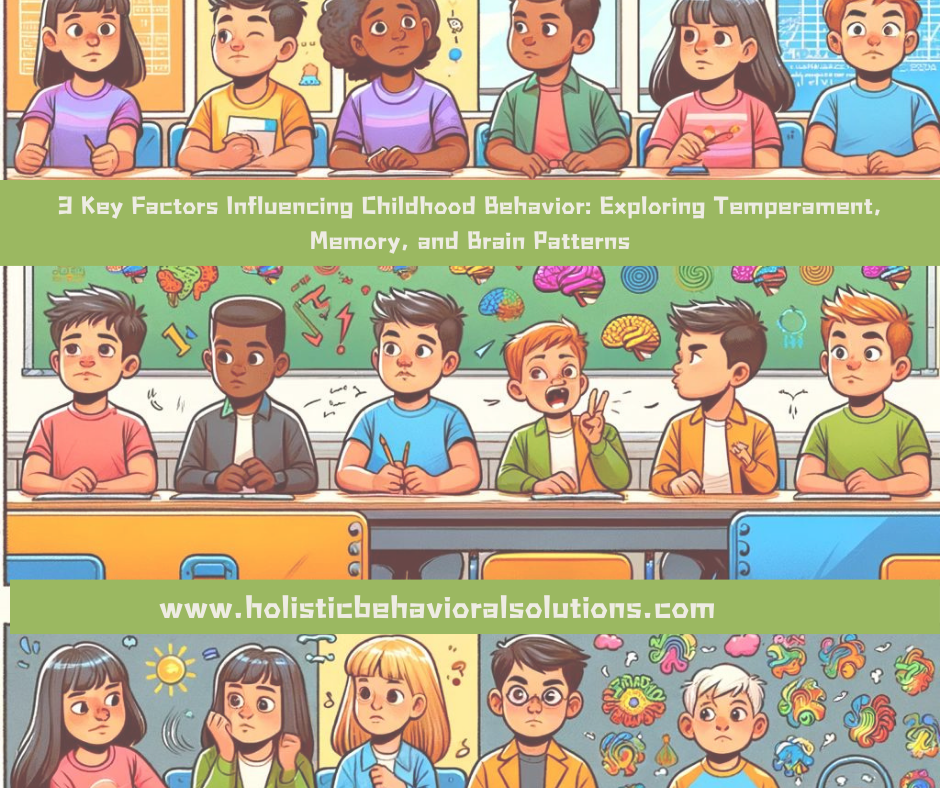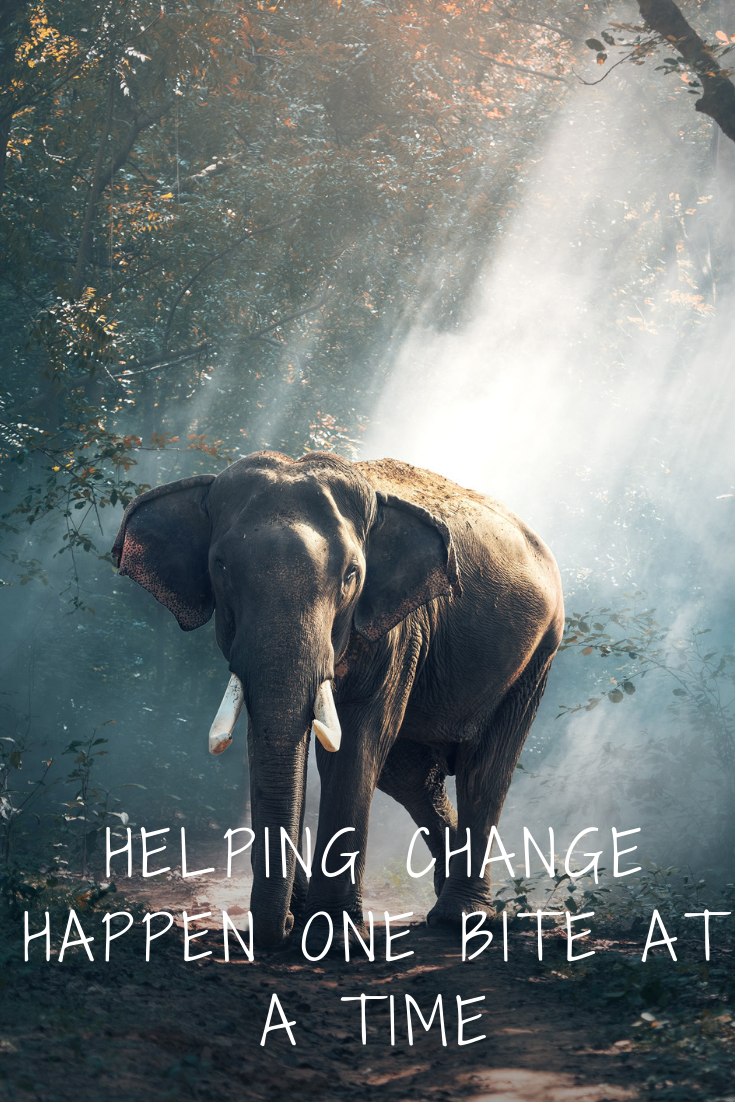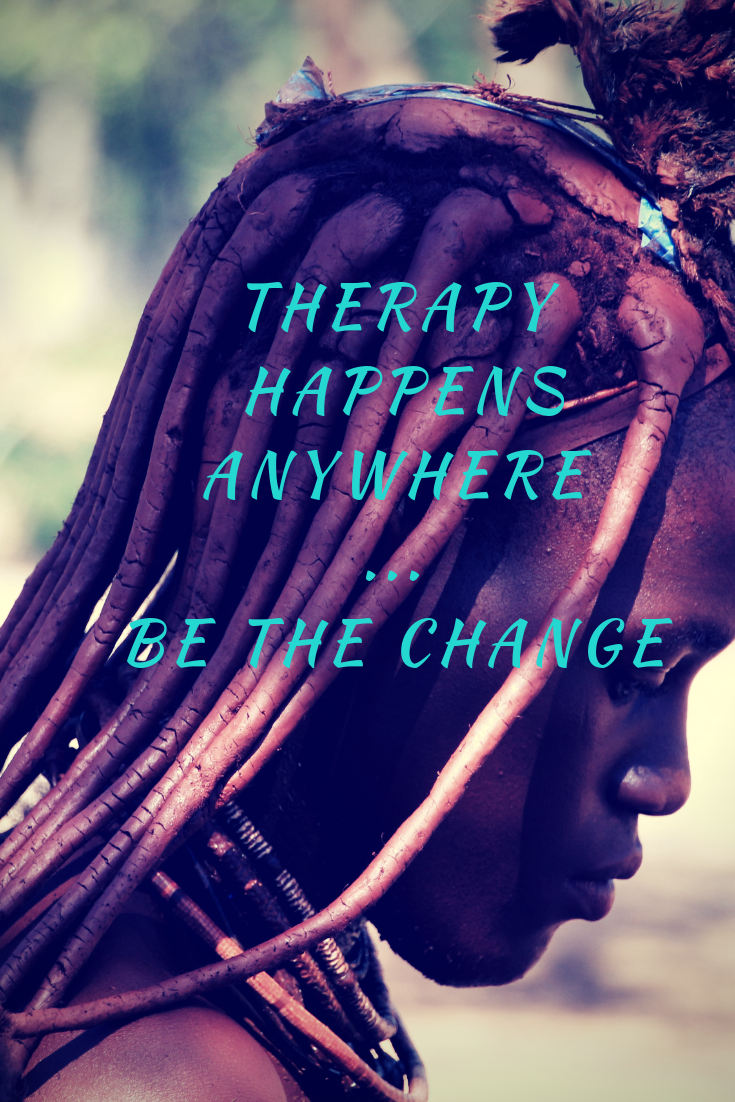
Recent research highlights that certain childhood behaviors—when more intense or persistent than typical—may point to deeper developmental concerns. While it’s completely normal for kids to show moments of defiance or frustration, some behaviors go beyond occasional tantrums. These patterns, tied to a child’s temperament, ability to focus, and even brain activity, can shape long-term emotional and behavioral development.
Let’s explore how early behavioral markers can inform effective support strategies and why early intervention can make all the difference.
Temperament: The Foundation of Emotional Development
From birth, children express their temperament—their natural way of reacting to the world. Some are easygoing, while others may feel emotions more intensely or struggle to regulate their responses. This heightened sensitivity, often referred to as negative affectivity, has been linked to a higher risk of behavioral issues as children grow.
But sensitivity isn’t inherently negative. In fact, it can be a strength when nurtured properly. The key is how we help children manage and channel these emotions. Therapists emphasize early recognition and proactive emotional regulation as critical steps in preventing future behavioral difficulties.
Focus, Memory, and Behavior: The Cognitive Connection
Emotional intensity is only one part of the puzzle. A child’s ability to focus—called attentional control—is just as essential. Imagine a child who can’t concentrate in class, reacts strongly to minor setbacks, or struggles with transitions. These patterns often signal low distress tolerance, which can evolve into more serious behavioral concerns without proper support.
Another cognitive skill to consider is working memory—the mental workspace that helps kids remember instructions, rules, and sequences. Children with poor working memory may forget steps mid-task or struggle with group activities, leading to increased frustration and misbehavior.
Brain Activity: How EEG Patterns Provide Insight
Thanks to advances in neuroscience, we now know that brain activity can reflect and even predict behavioral tendencies. Researchers use EEG frontal asymmetry—a method of measuring which side of the brain’s frontal region is more active—to study these patterns. Specifically, increased left-frontal activity may interact with a child’s memory and temperament in ways that impact behavioral outcomes.
This intersection of brain activity, emotion, and cognition presents new possibilities for tailored interventions in childhood behavior management.
Connecting the Dots: A Holistic Understanding
When we look at temperament, focus, memory, and brain function together, we gain a deeper understanding of why some children may be more prone to behavioral challenges. It’s not about diagnosing based on one moment or behavior—it’s about seeing the whole picture.
Early intervention and mindful parenting can help children develop coping strategies, emotional regulation, and resilience, reducing the likelihood of conduct issues later in life. By nurturing emotional intelligence early, caregivers can set a foundation for long-term mental well-being.
What This Means for Parents, Teachers, and Counselors
- Watch for patterns, not isolated events.
- Support emotional regulation through routines, mindfulness, and safe spaces.
- Boost attentional control with activities that improve focus (like games, storytelling, and physical movement).
- Reinforce working memory with visual aids, step-by-step instructions, and practice.
- Consider therapeutic support if behaviors persist or intensify.
Emotional Growth and the Holistic Store
While supporting your child’s emotional development, don’t forget to nurture your own wellness. Visit our Holistic Store for products that support mood, energy, and mental clarity—helping parents, caregivers, and children feel their best and build deeper emotional connections every day.
Final Thoughts
Every child’s development is unique, but science is giving us tools to recognize early signs of struggle—and to respond with compassion, education, and support. When we understand the early warning signs, we can offer the right help at the right time, empowering kids to grow into confident, emotionally healthy adults.
Whether you’re a parent, teacher, or mental health professional, the path to better outcomes starts with awareness, patience, and a willingness to see the full picture of childhood behavior.

